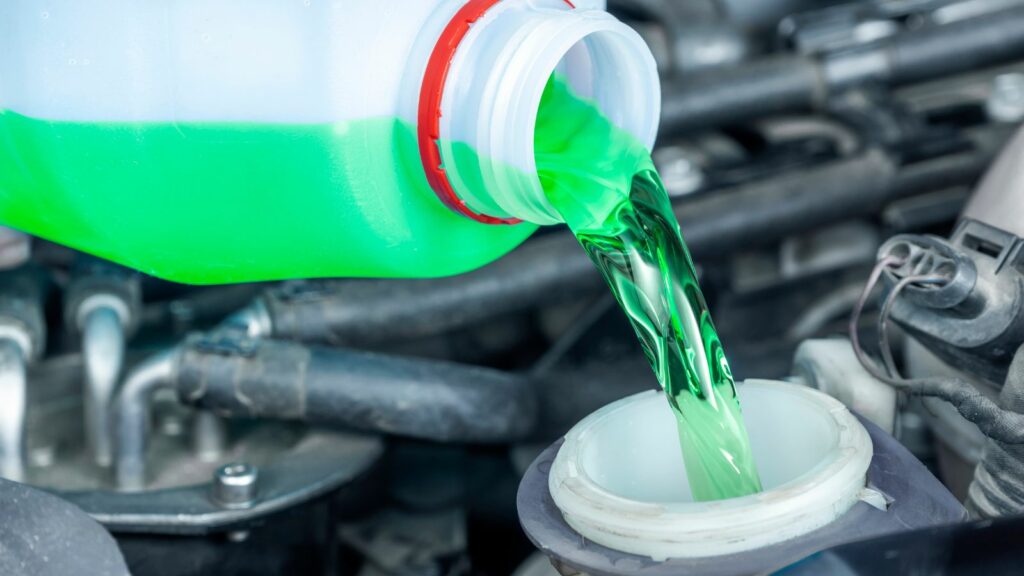The auto parts aisle is packed with products that promise to make your car last longer, shine brighter, and perform better. Some of them really do what they say, but others are double edged swords. Used correctly, they’re useful tools. Used carelessly, they can destroy expensive components or even make a car unsafe to drive. Mechanics see the damage all the time—well meaning drivers who thought they were helping but ended up creating big repair bills. Here are ten common auto products that must be handled with care or risk causing more harm than good.
Fuel Additives
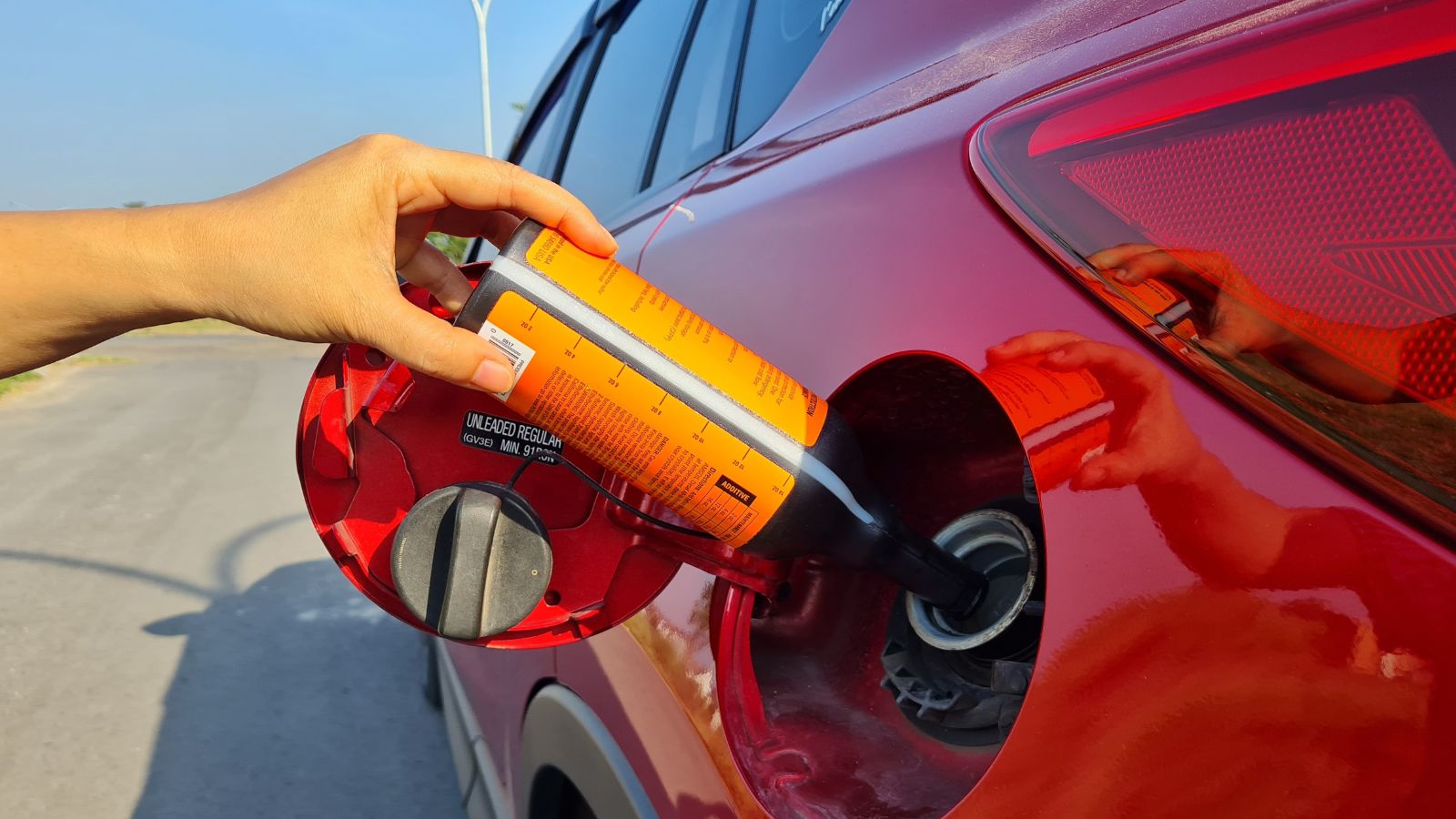
Fuel additives sound like miracle cures: clean your injectors, restore lost horsepower, improve mileage. The problem comes when drivers overuse them or pour in the wrong type for their engine. Too much additive can foul spark plugs, clog filters, or damage fuel lines. Shops often see cars brought in with rough idle or check engine lights that turn out to be a cocktail of additives turning fuel into sludge. Modern engines are designed to run clean on good quality gasoline, so heavy doses of extra chemicals usually cause more trouble than they’re worth.
Engine Degreasers
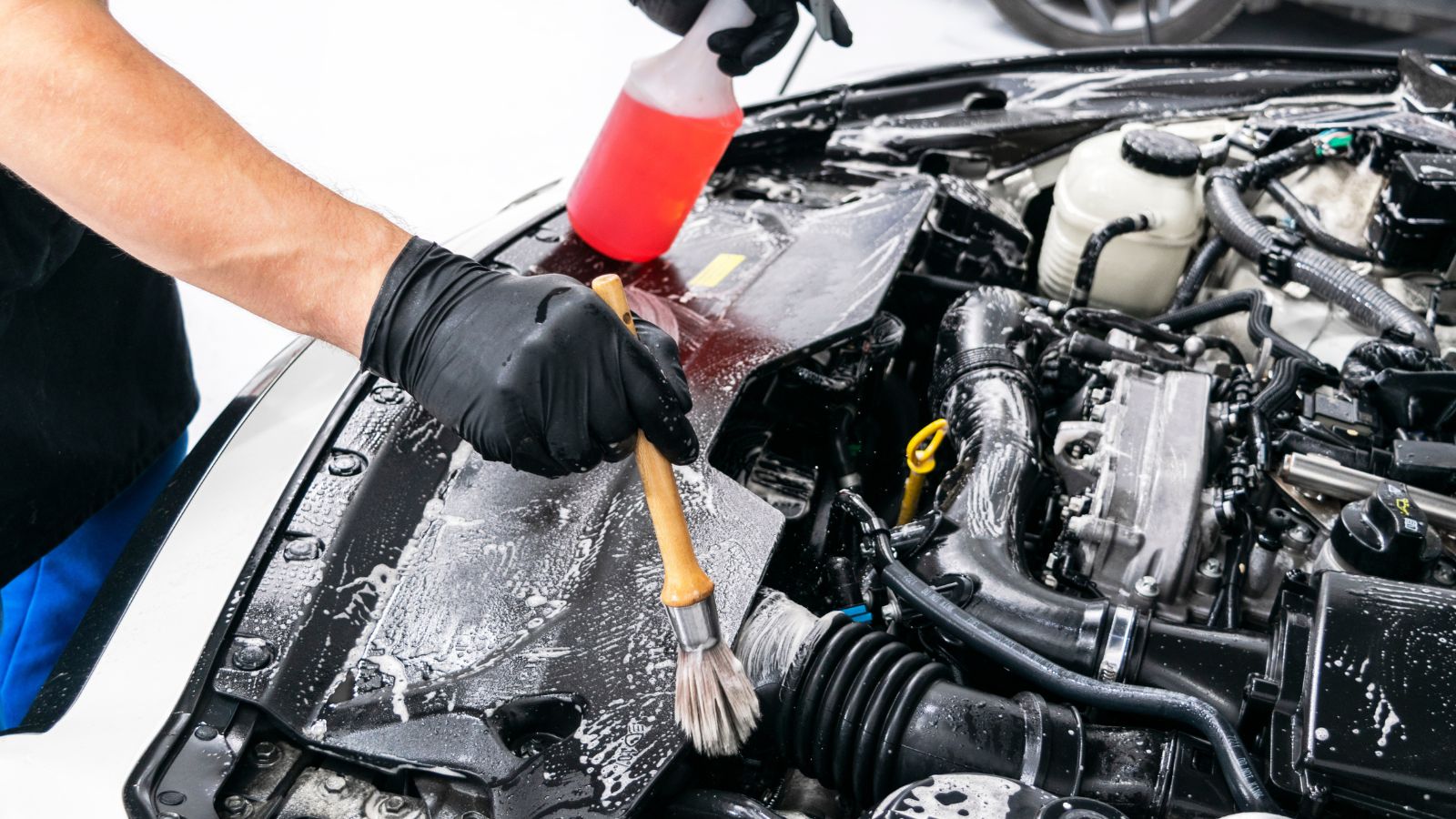
Engine degreasers can make a grimy engine bay look brand new, but they can also cause electrical nightmares if sprayed with abandon. Sensors, wiring harnesses, and plastic connectors don’t always like being soaked in harsh solvents. Mechanics frequently see cars come in after a home cleaning session with misfires, warning lights, or corroded connections. A controlled spray on dirty metal parts works fine, but flooding an entire engine bay often means hundreds of dollars in repairs for what started as a ten dollar cleaning job.
Coolant Additives
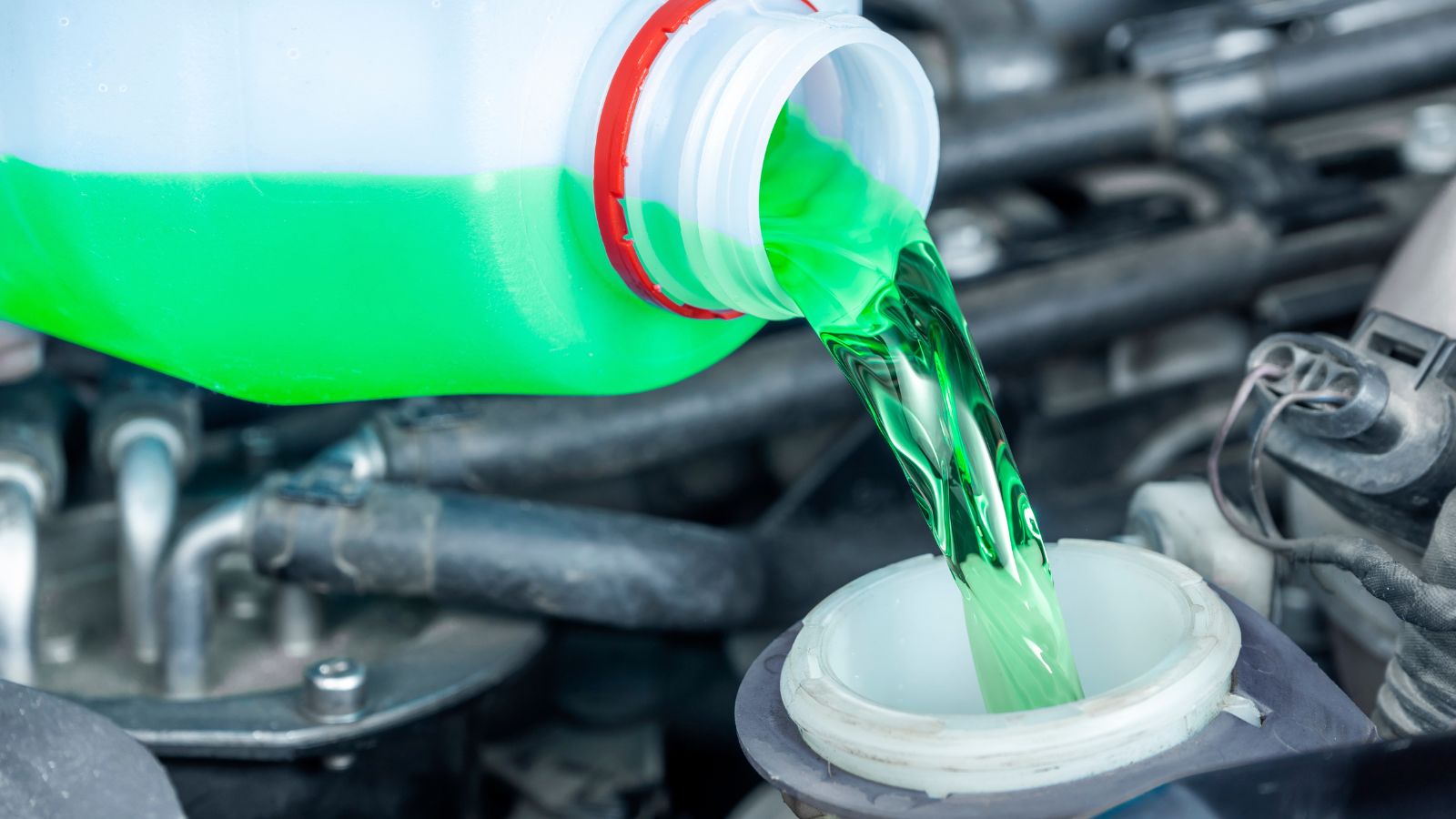
Stop leak products and cooling system “enhancers” are popular because they promise quick fixes. Unfortunately, those same chemicals can clog radiator fins, heater cores, and small coolant passages. More than one overheated engine has been traced back to someone dumping in a bottle of miracle cure instead of addressing a leaking hose or failing water pump. Mechanics often have to flush entire systems filled with thick sludge, and in severe cases, head gaskets and radiators need replacement. That hundred dollar shortcut can snowball into thousands in engine work.
Tire Shine Sprays

There’s nothing wrong with a clean, glossy tire, but overdoing it can backfire. Many tire shine products are oil based and can actually dry out rubber if applied too heavily over time. Overspray often winds up on brake rotors or pads, reducing stopping ability until it burns off. Shops have had customers complain of weak brakes only to discover that slippery residue from a recent tire detail was the culprit. Used sparingly, tire shine is harmless, but soaking a tire like it’s a sponge is asking for trouble.
High Pressure Washers

A pressure washer is satisfying to use, blasting off dirt and grime in seconds. But use it too close to bodywork and it can strip paint or force water past seals into electronics and bearings. Many shops have dealt with cars that developed electrical problems after an enthusiastic wash, or premature rusting where undercoating was blasted away. Water under high pressure can do more damage than salt and mud ever could. A garden hose and patience often get the job done more safely.
Brake Cleaners
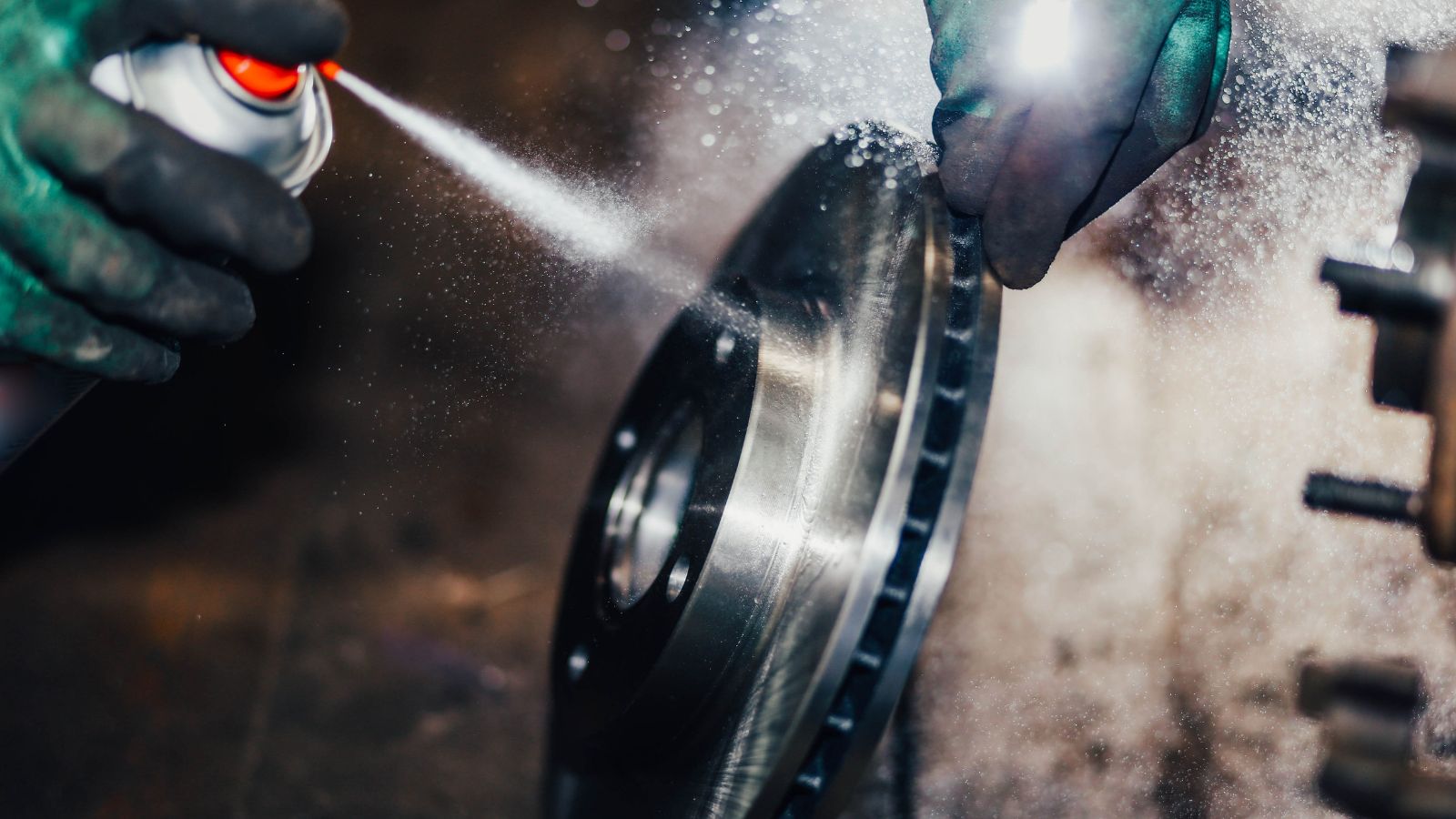
Brake cleaner is one of the most effective solvents in a mechanic’s arsenal, but in the wrong hands, it’s dangerous to the car. Overspray can permanently stain wheels or strip paint from nearby panels. Rubber seals and plastic trim can also suffer if exposed. More than a few DIYers have sprayed down entire wheel wells and then wondered why their cars smelled like chemicals and looked worse than before. Proper use means short, targeted bursts—not treating it like a pressure washer in a can.
Oil Additives
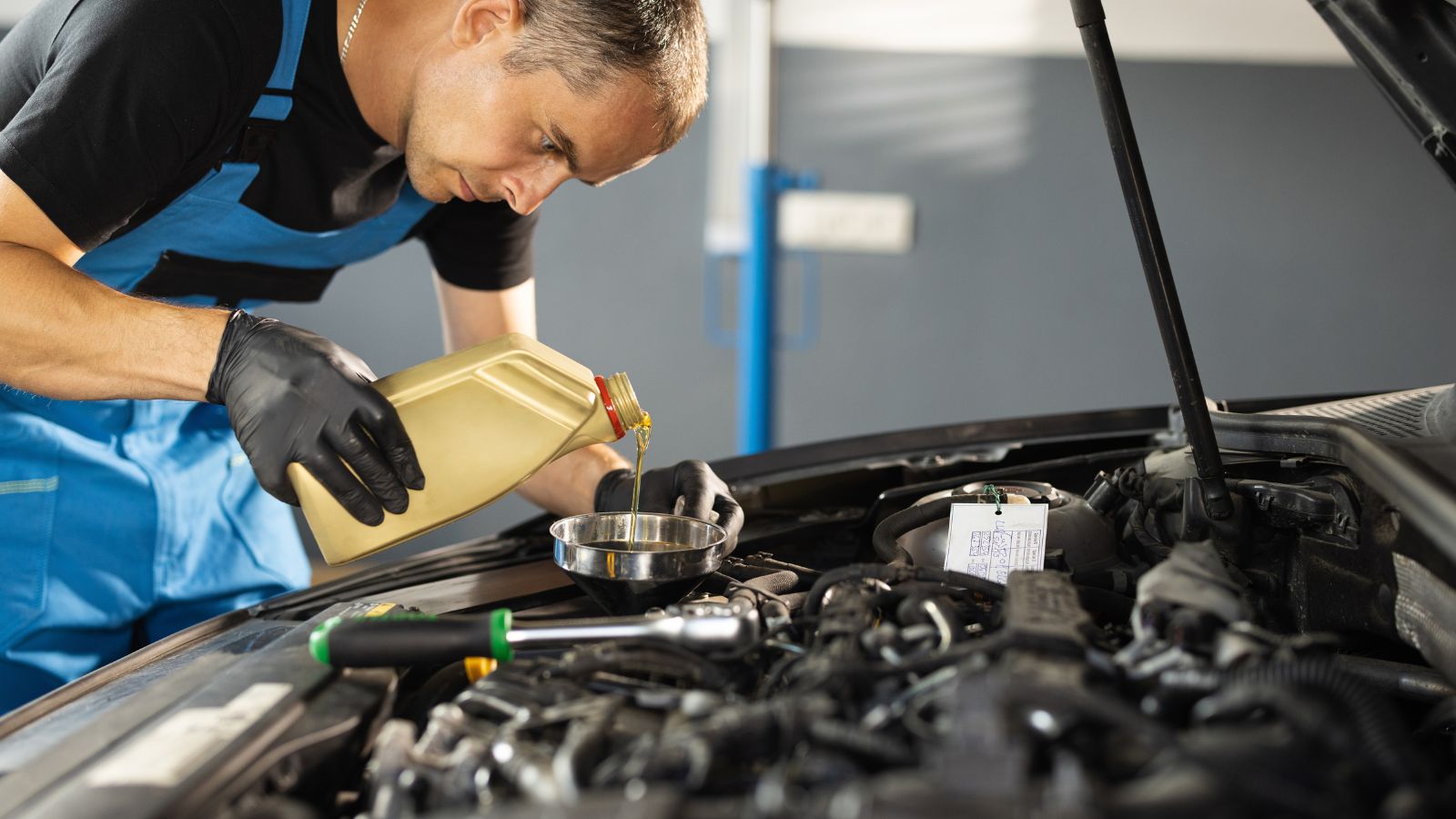
Oil additives are marketed as cures for noisy lifters, worn engines, or fuel efficiency. But most modern engines are engineered with extremely tight tolerances and rely on oil designed specifically for their systems. Dumping in aftermarket thickeners or “friction modifiers” can clog tiny passages, interfere with variable valve timing, and even starve parts of the engine of oil. Mechanics have torn down engines where strange sludge traced back to additive use, often costing thousands to repair. Sticking with the right oil recommended by the manufacturer is almost always the smarter move.
Jump Leads
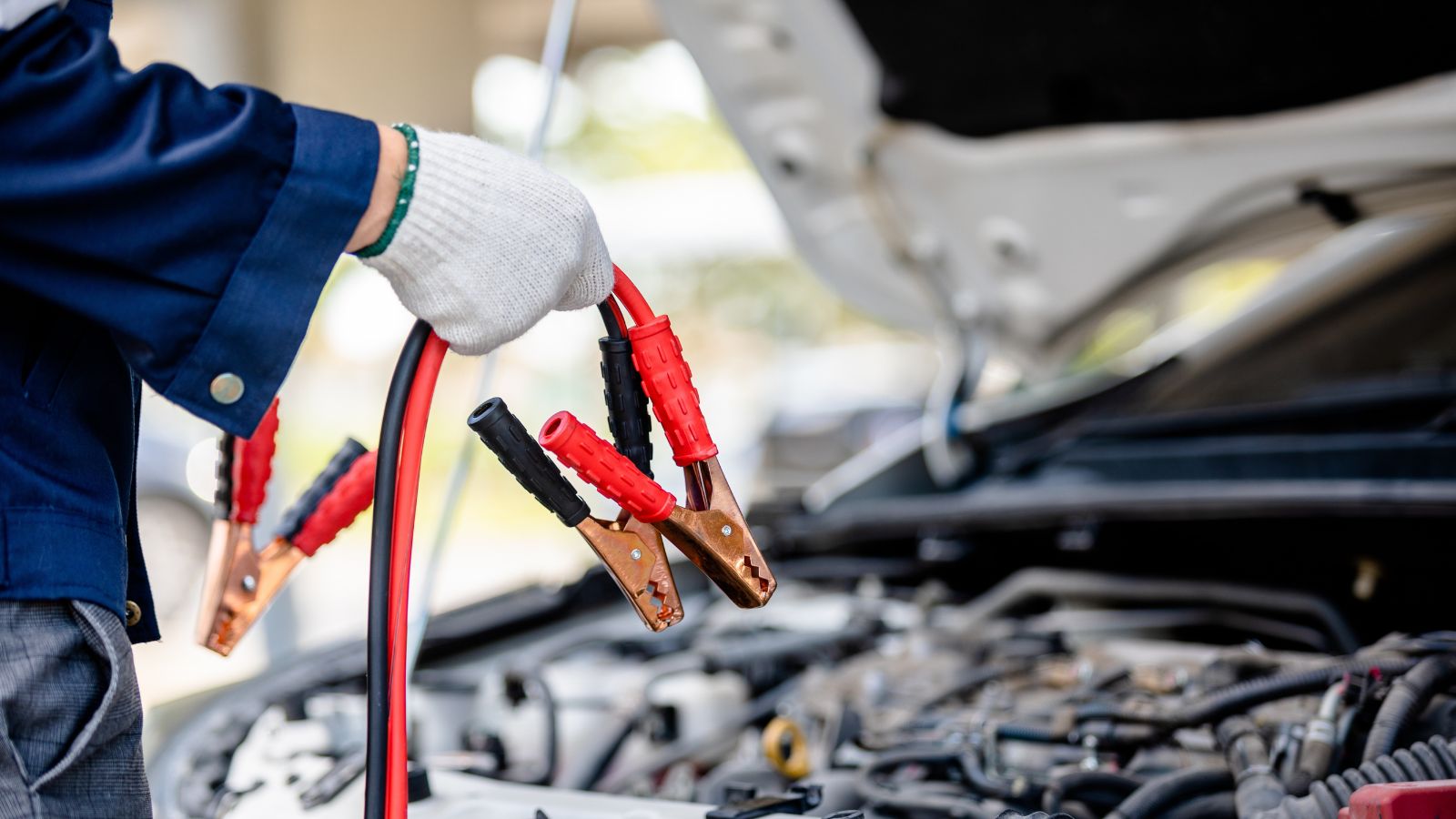
Jump leads are lifesavers when used correctly, but one mistake can cook a car’s electronics. Reversing polarity, connecting clamps to the wrong posts, or letting the leads touch while live can fry fuses, alternators, or even engine control modules. Modern cars are especially sensitive because of their computerized systems. Mechanics have seen everything from melted wiring to complete ECU replacements after a botched jump start. A ten minute mistake can become a repair costing thousands. Double checking connections and using a proper jump pack is always safer.
Air Fresheners
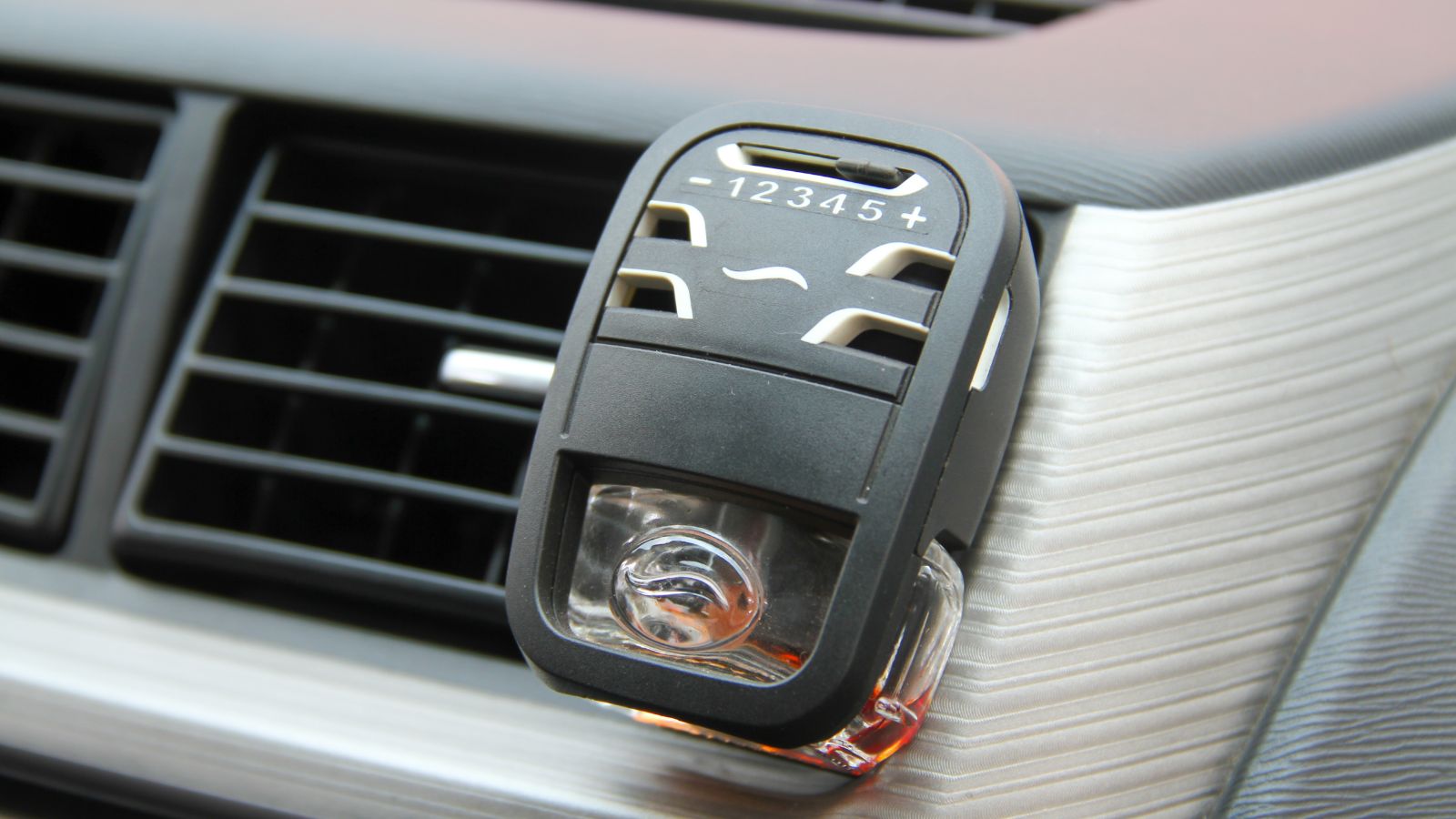
It sounds absurd, but even something as innocent as an air freshener can cause damage. Vent clip types often leak and leave streaks that melt or stain interior plastics. Liquid fresheners left on dashboards in the sun can leak and burn into vinyl. Upholstery can be permanently marked by spilled concentrates. Mechanics and detailers alike have seen interiors ruined not by wear but by strong chemical scents used incorrectly. A light spray or natural deodorizer is far safer than hanging chemical grenades all over the cabin.
25 Facts About Car Loans That Most Drivers Don’t Realize

Car loans are one of the most common ways people fund car purchases. Like any other kind of loan, car loans can have certain features that can be regarded as an advantage or a disadvantage to the borrower. Understanding all essential facts about car loans and how they work to ensure that you get the best deal for your financial situation is essential. Here are 25 shocking facts about car loans that most drivers don’t realize:
25 Facts About Car Loans That Most Drivers Don’t Realize
